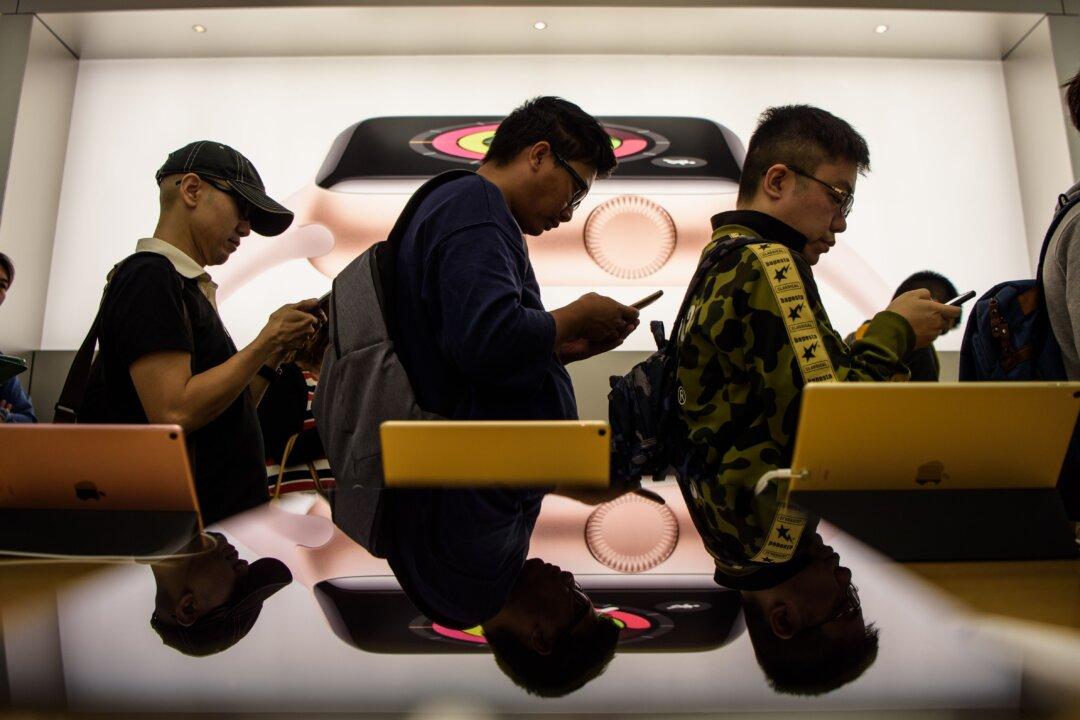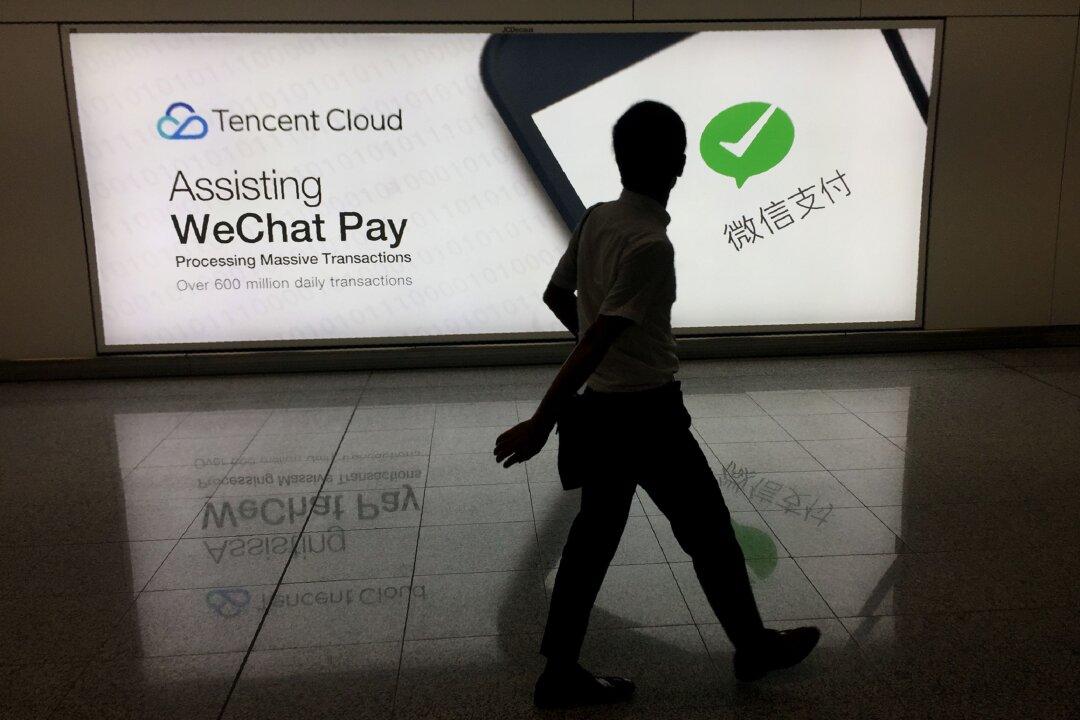Commentary
This article is part of a series on corporate surveillance highlighting civil liberty, privacy, cyber security, safety, and tech-product user exploitation threats associated with connected products that are supported by the Android (Google) OS, Apple iOS, and Microsoft Windows OS.





